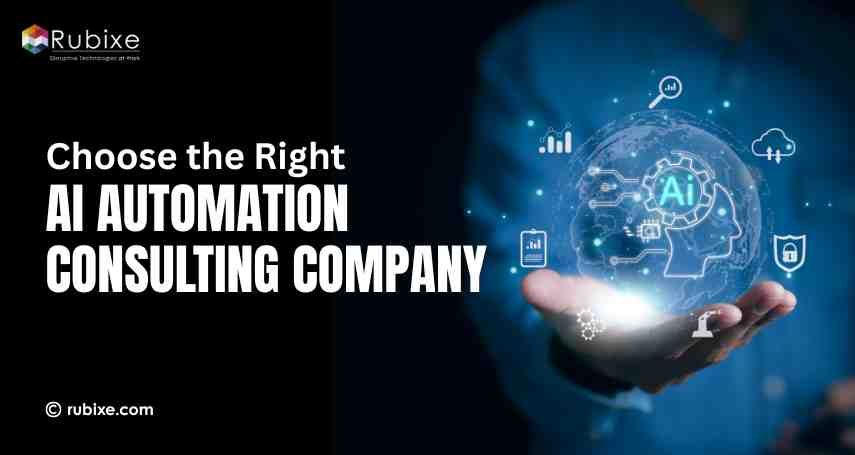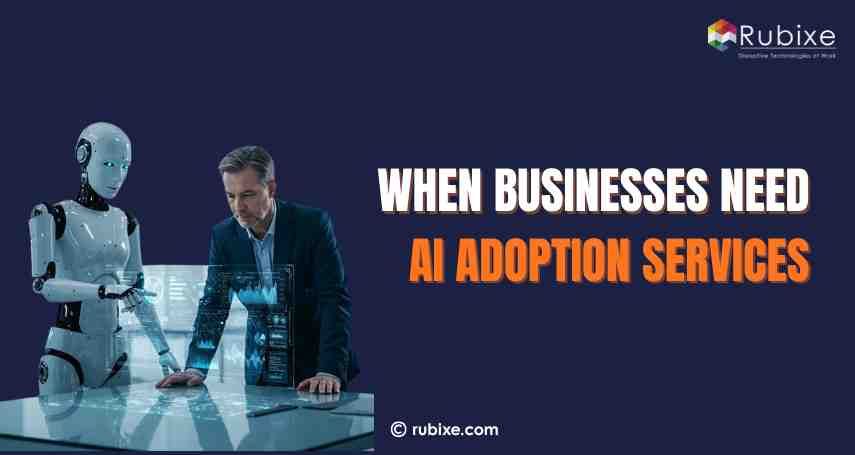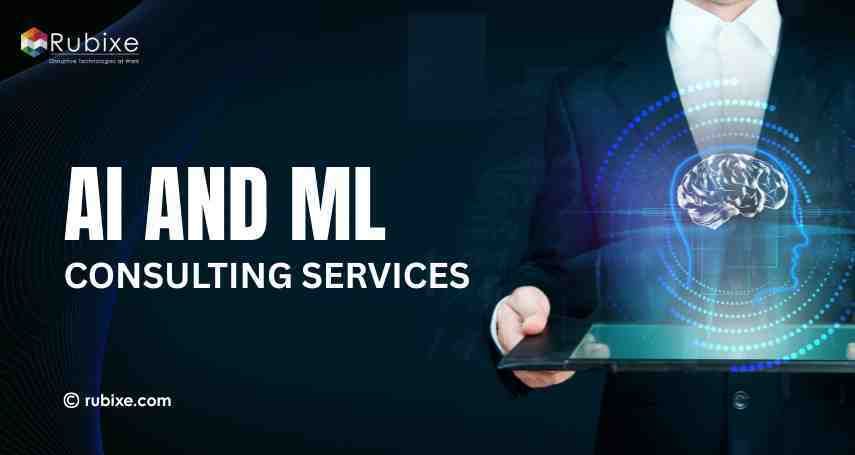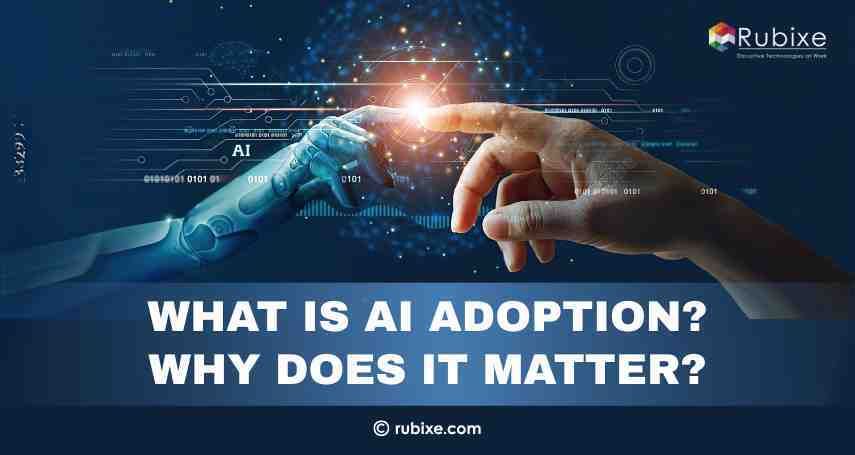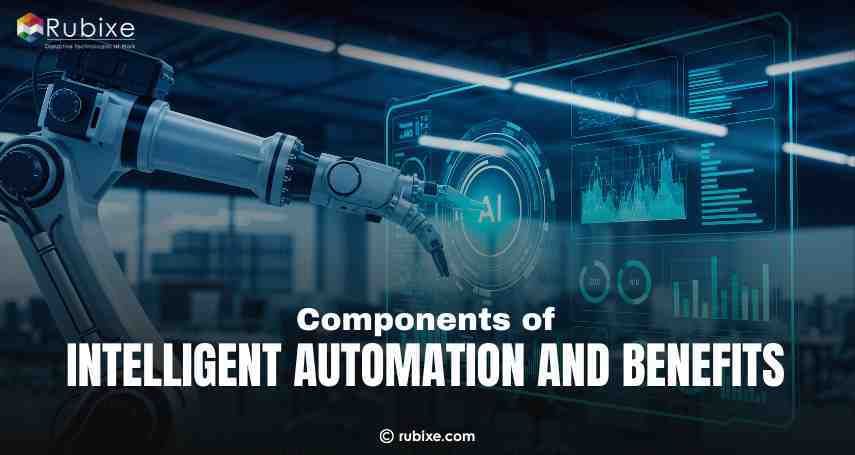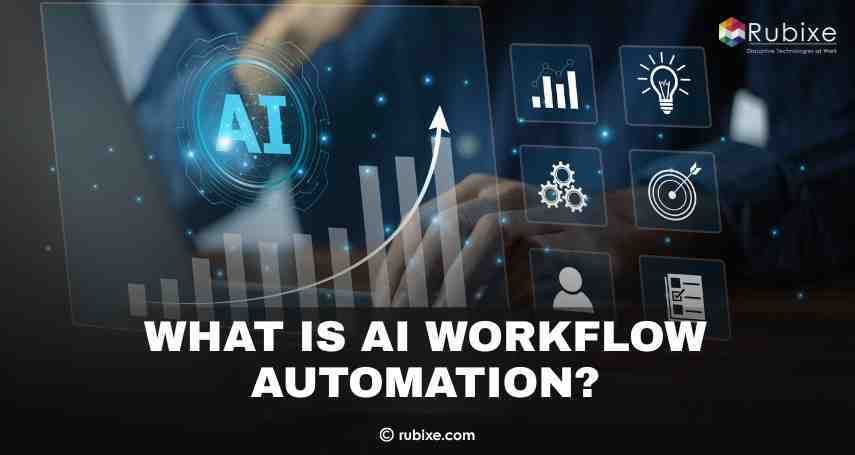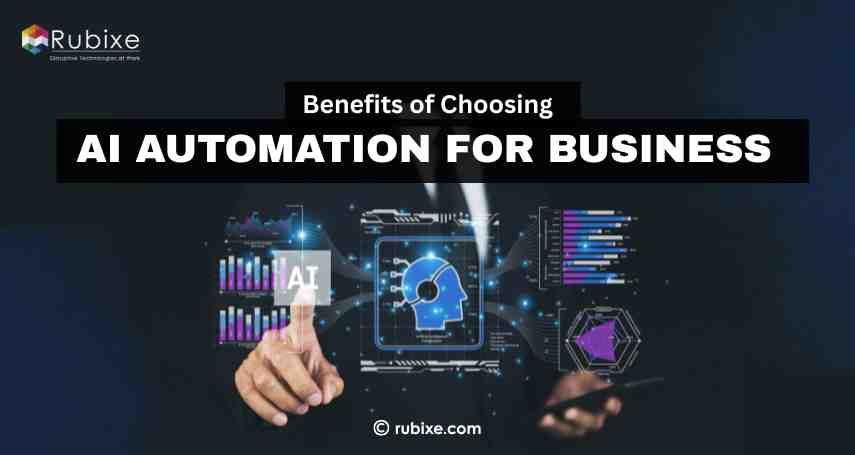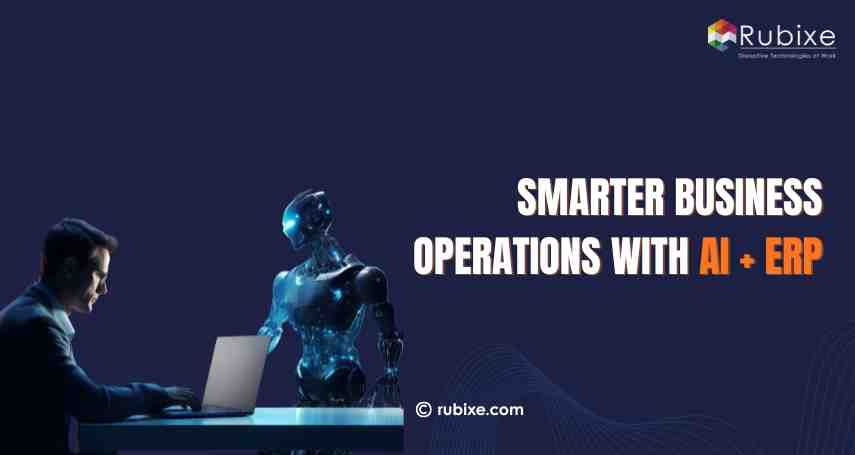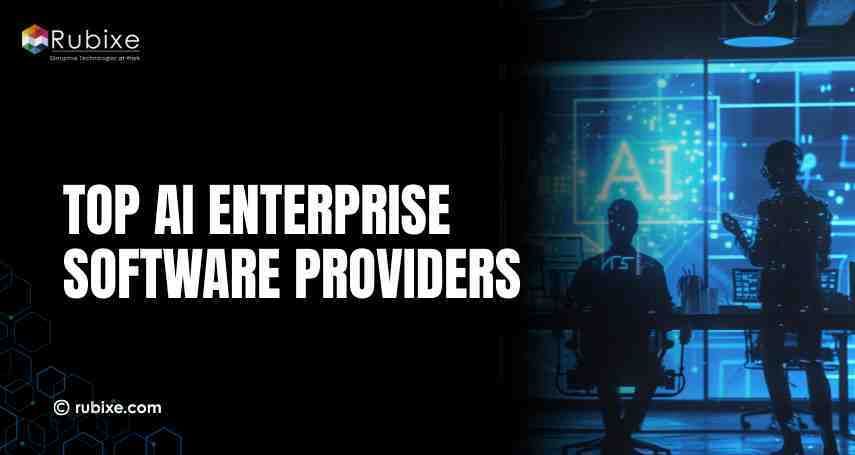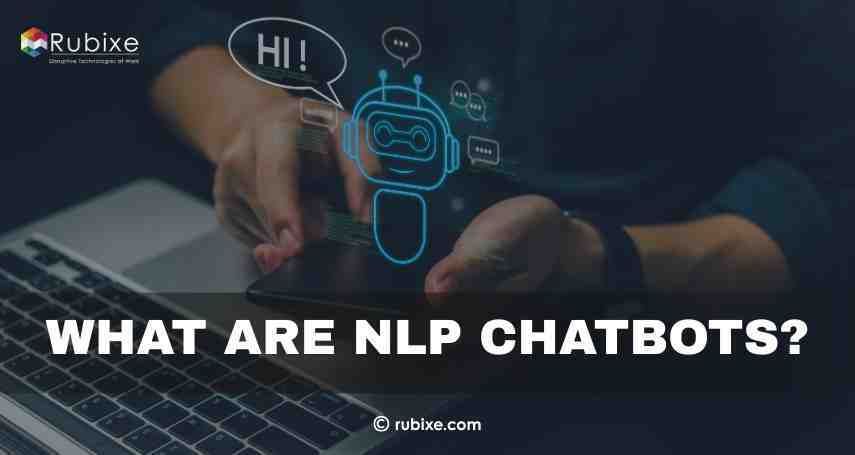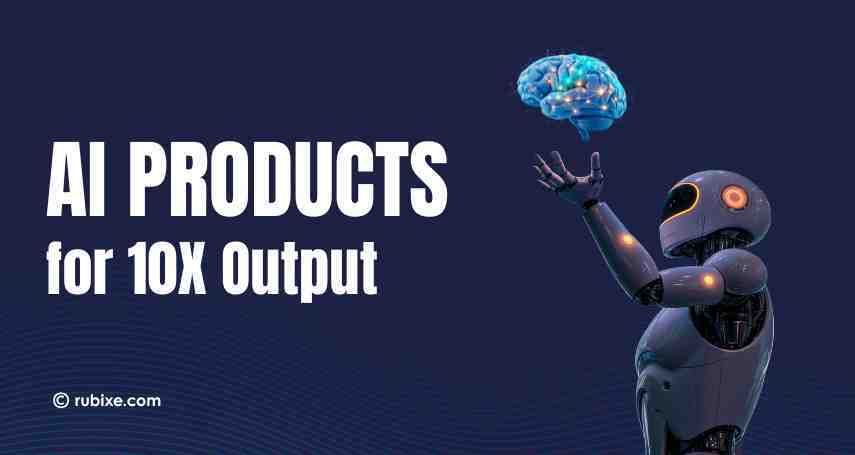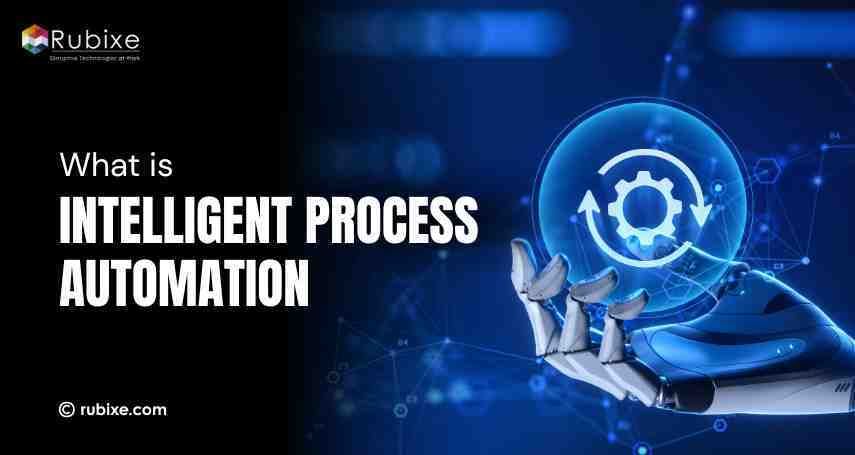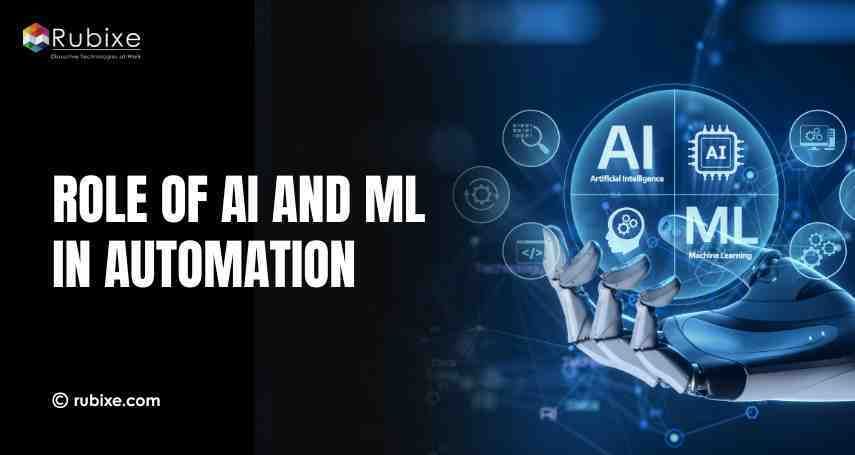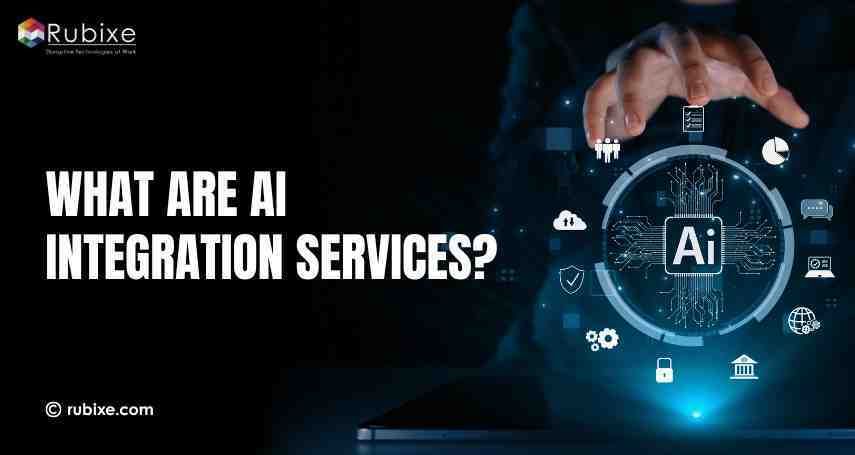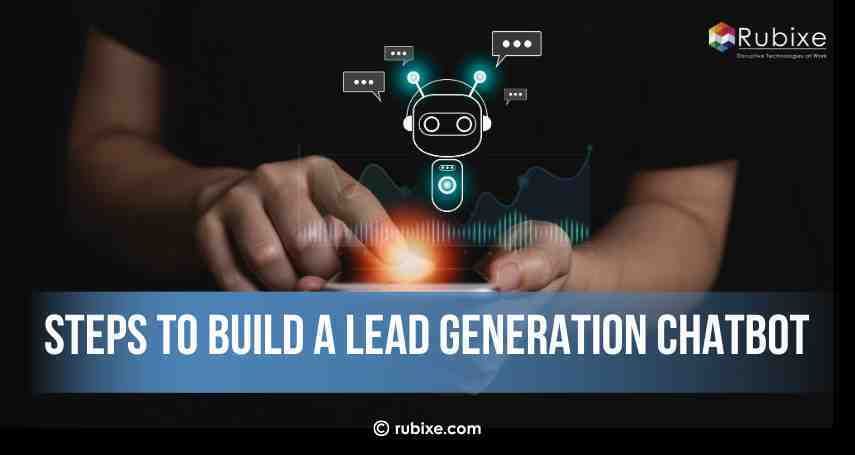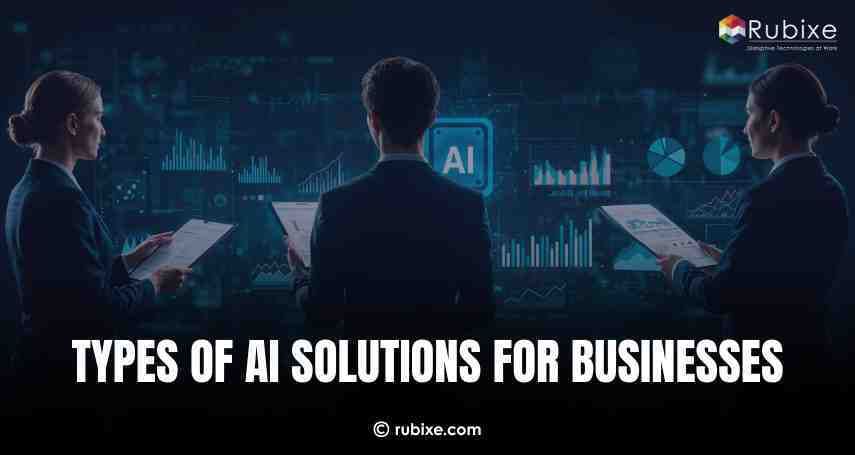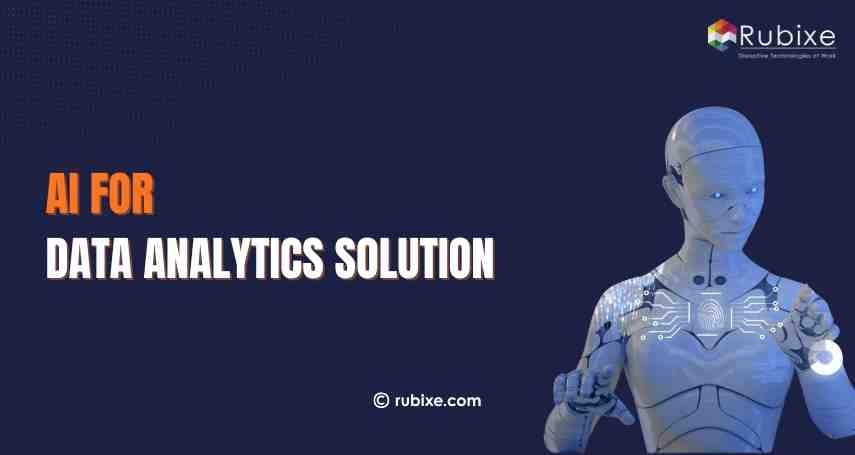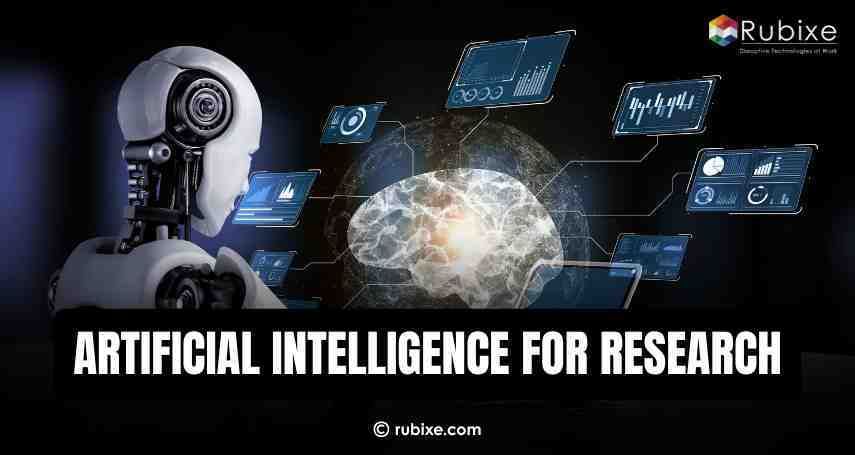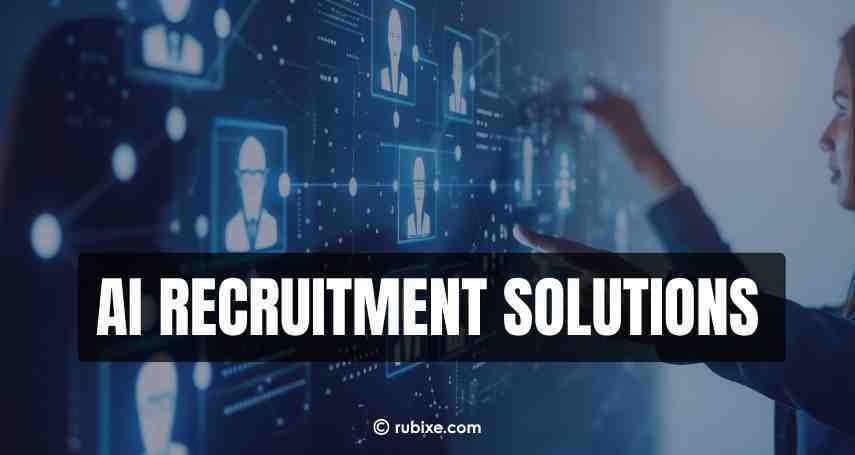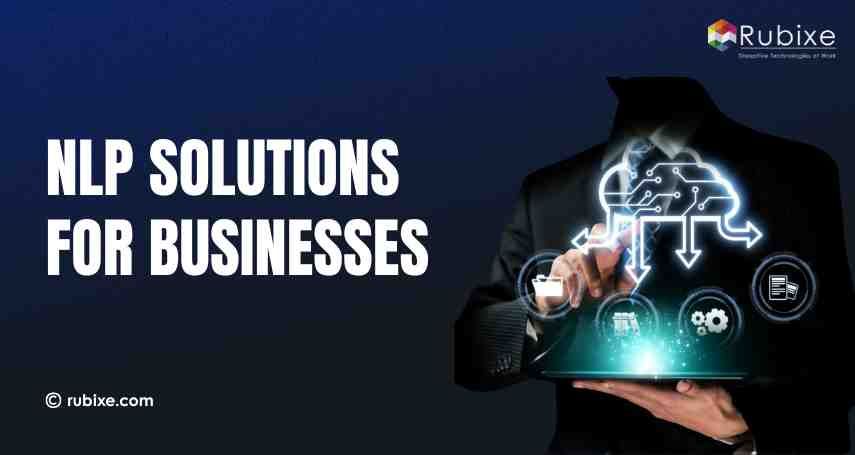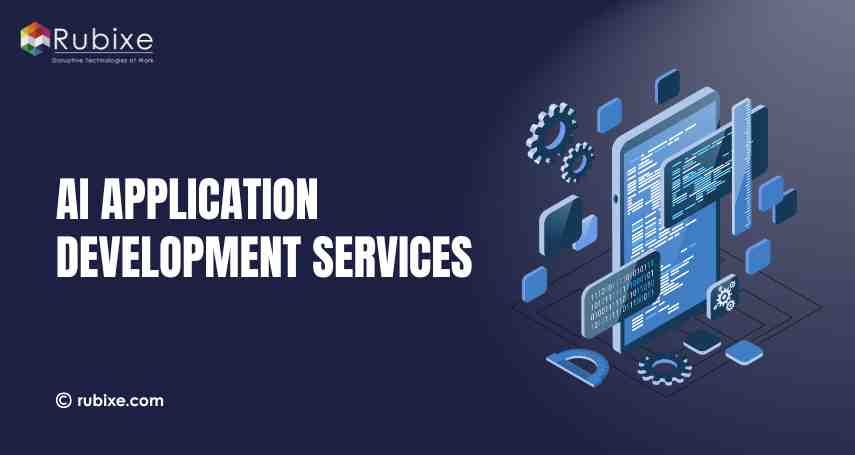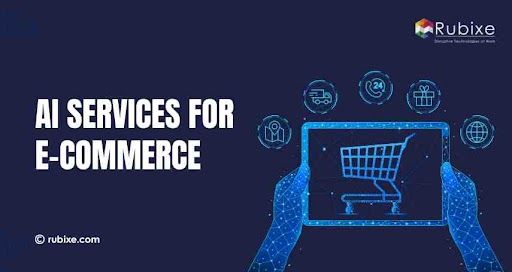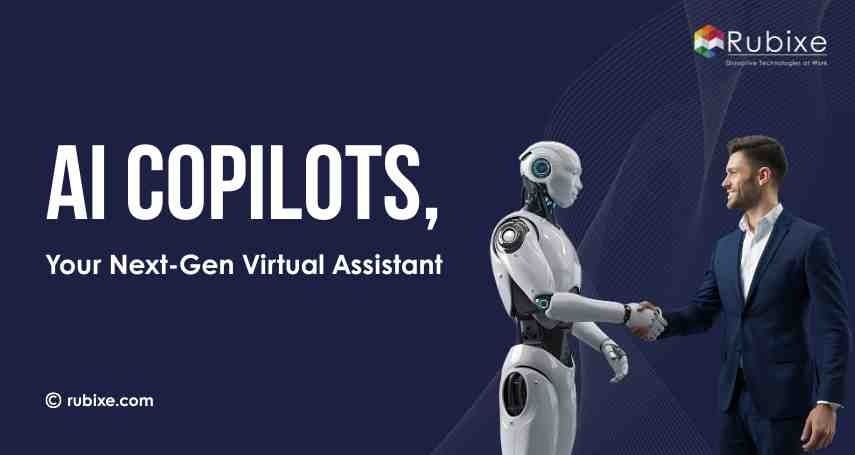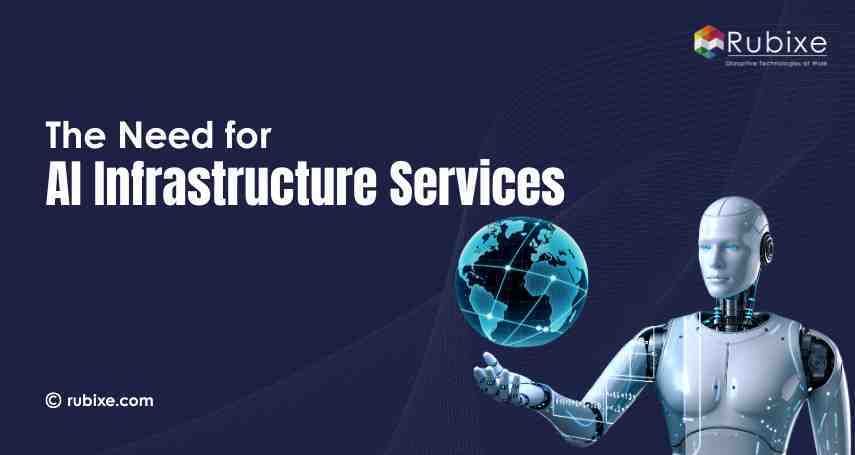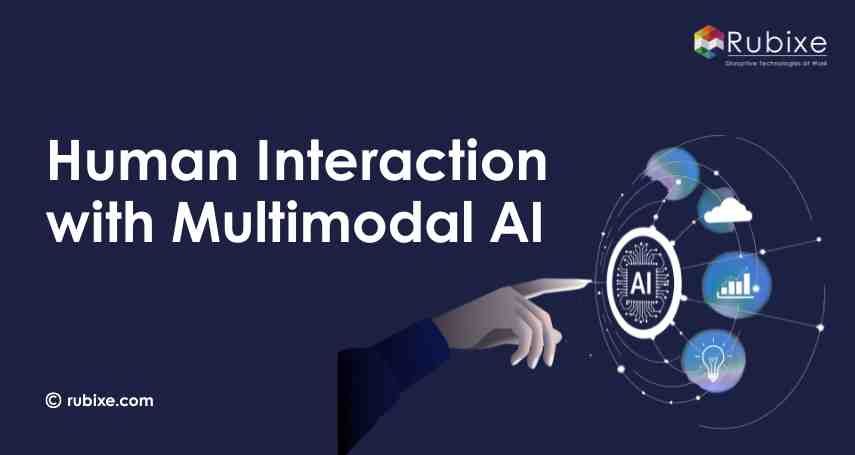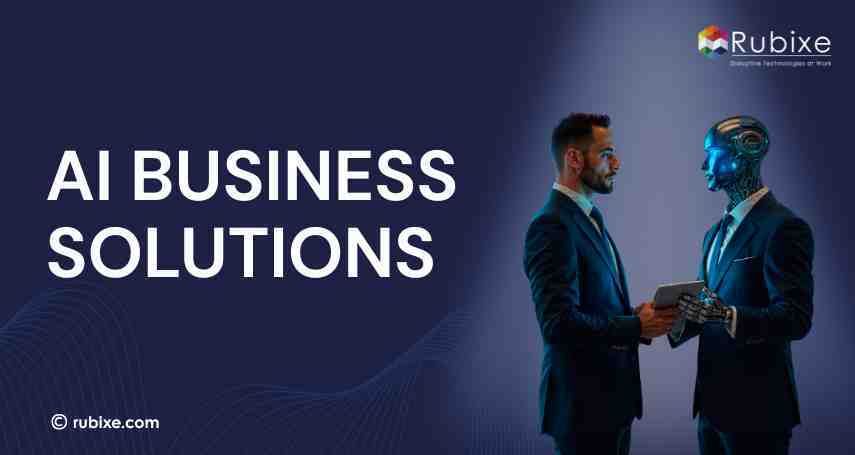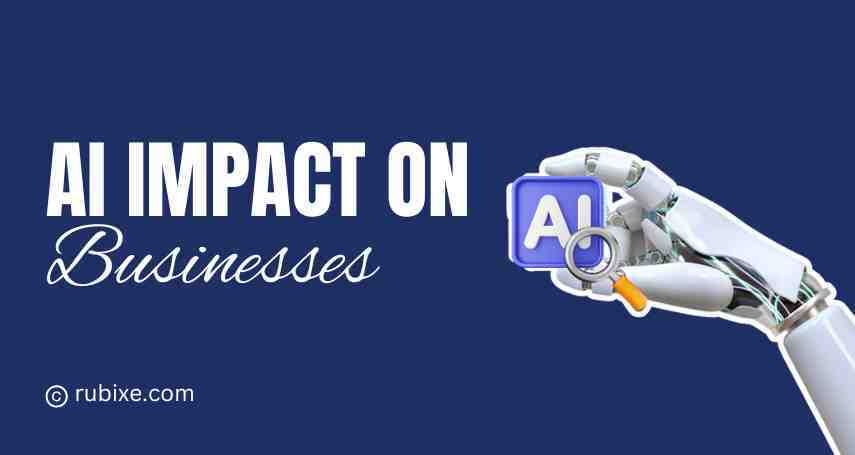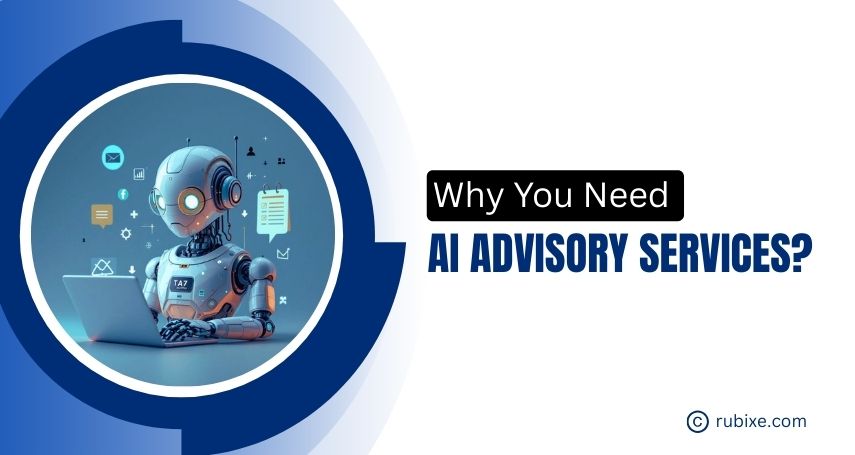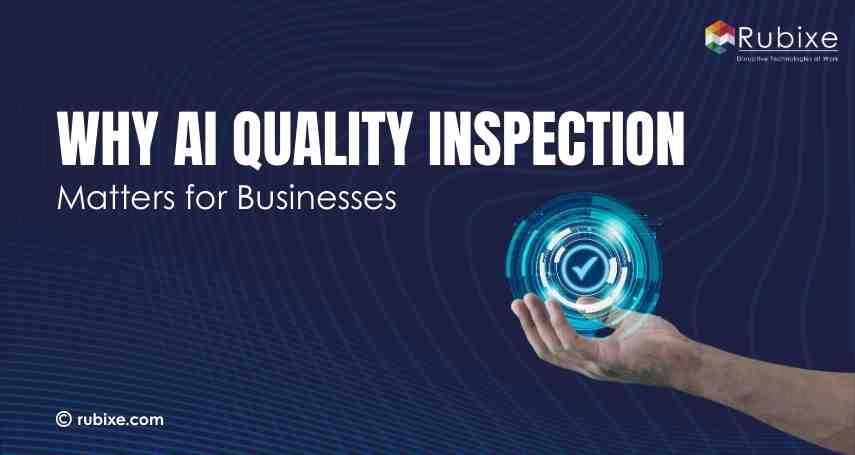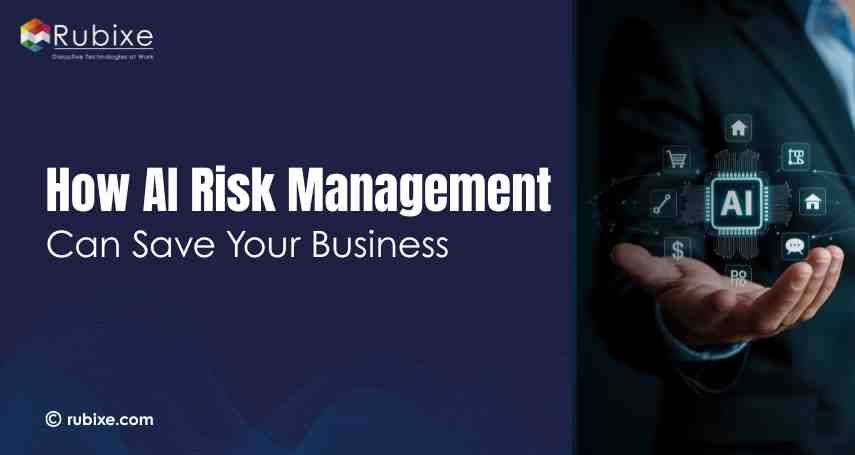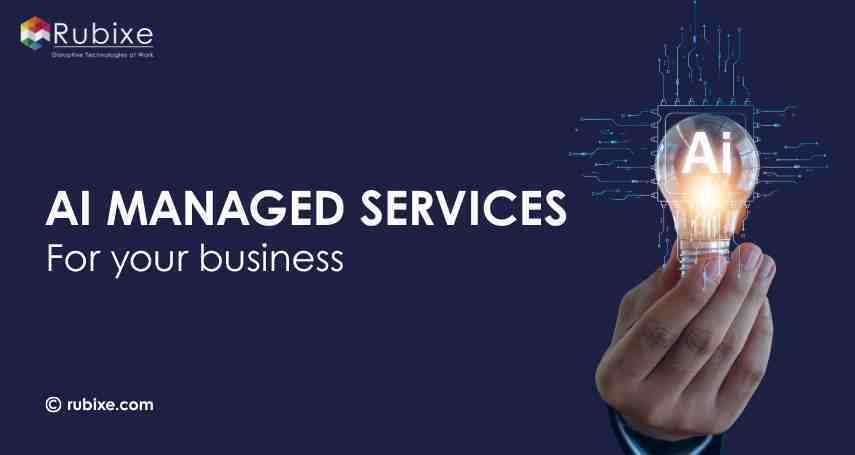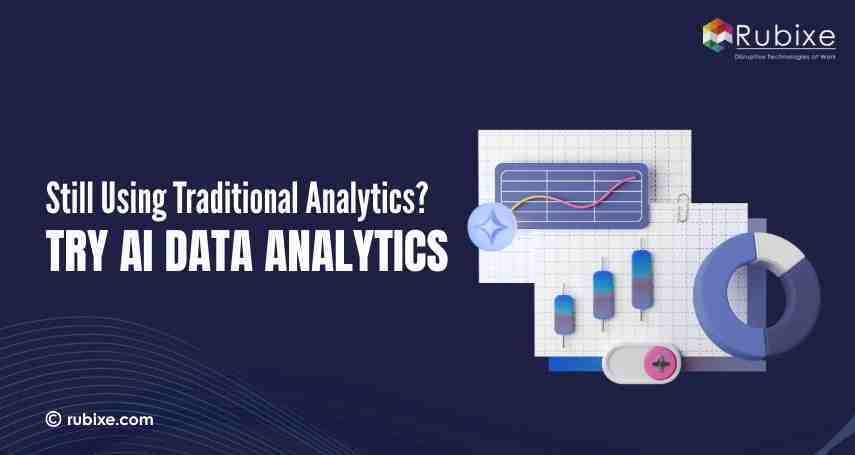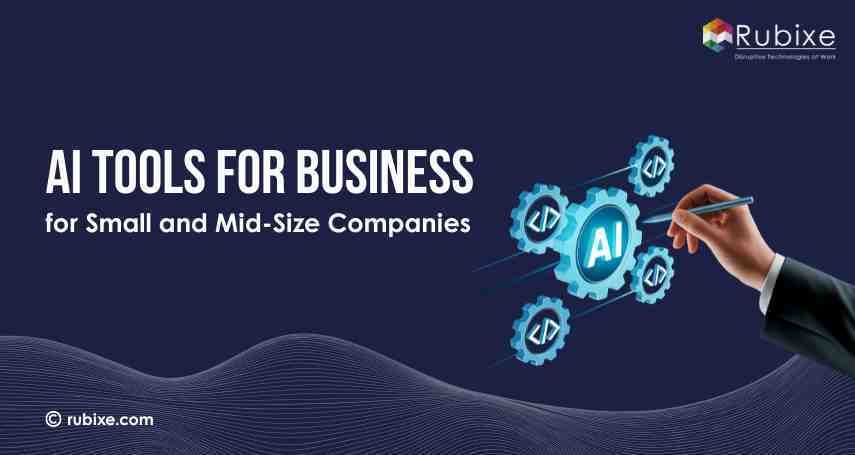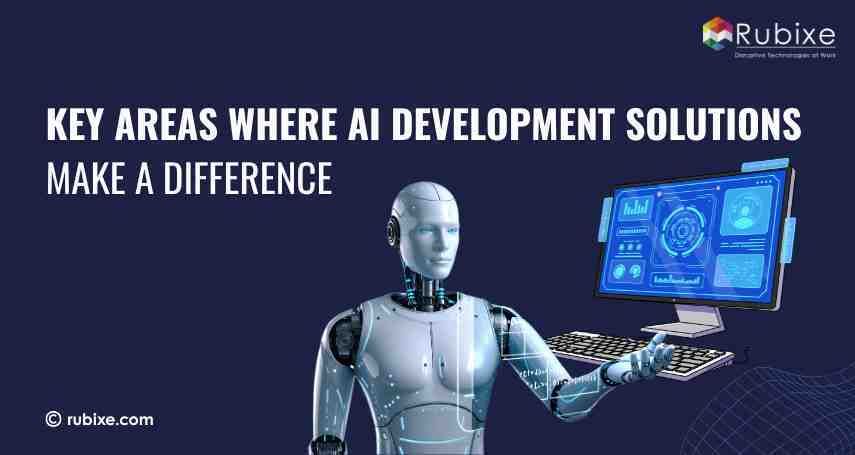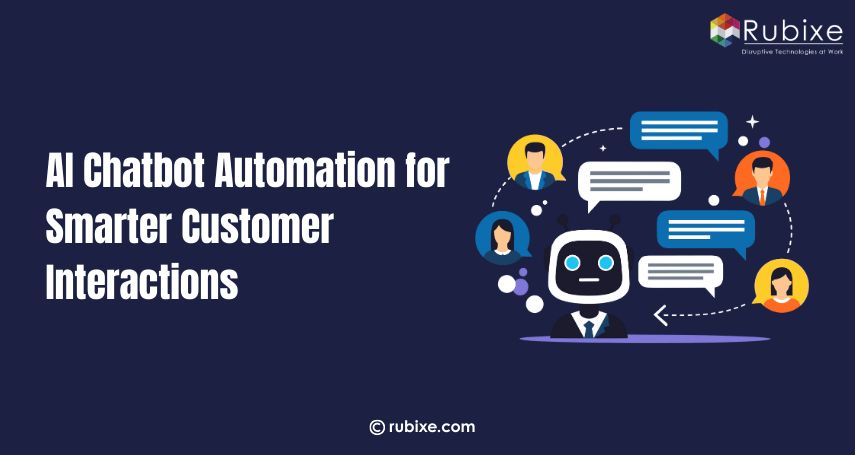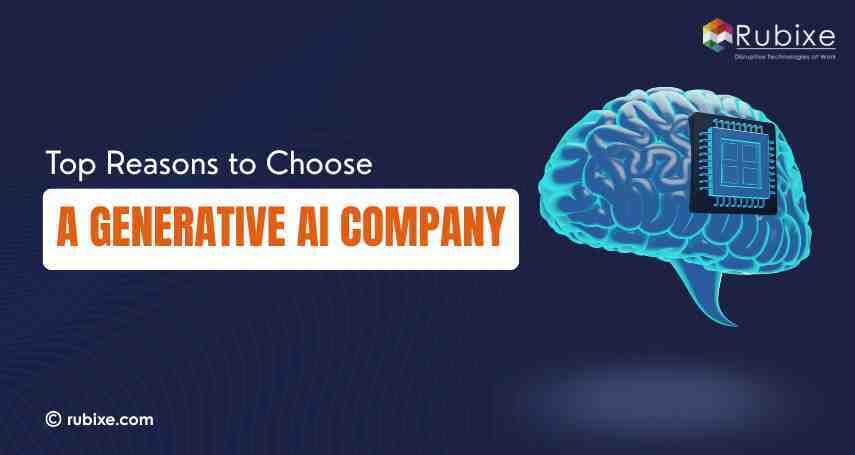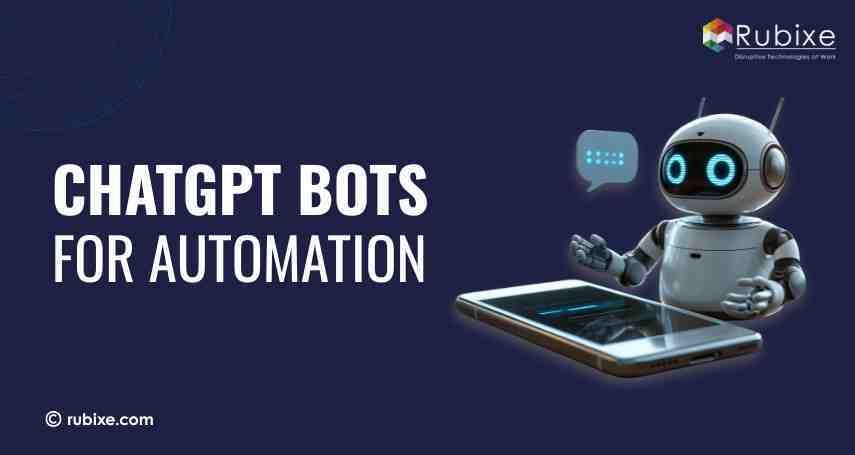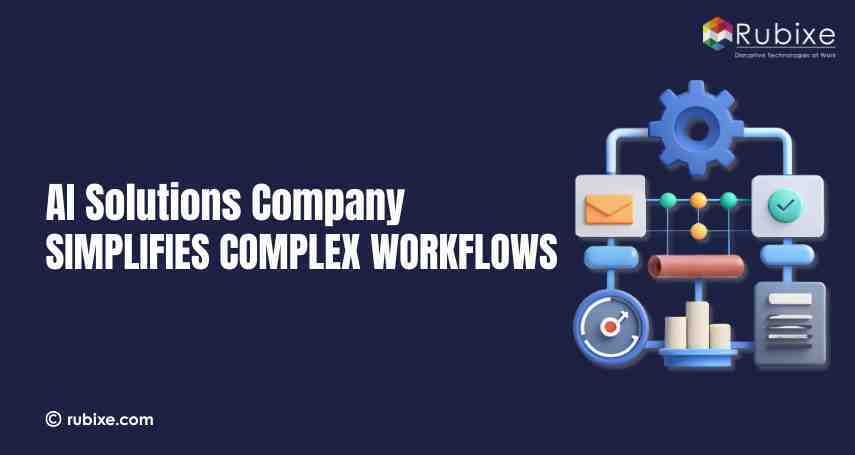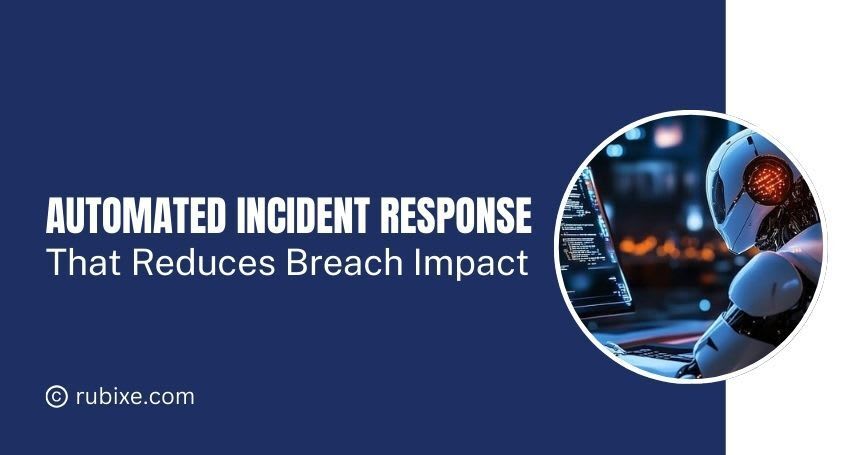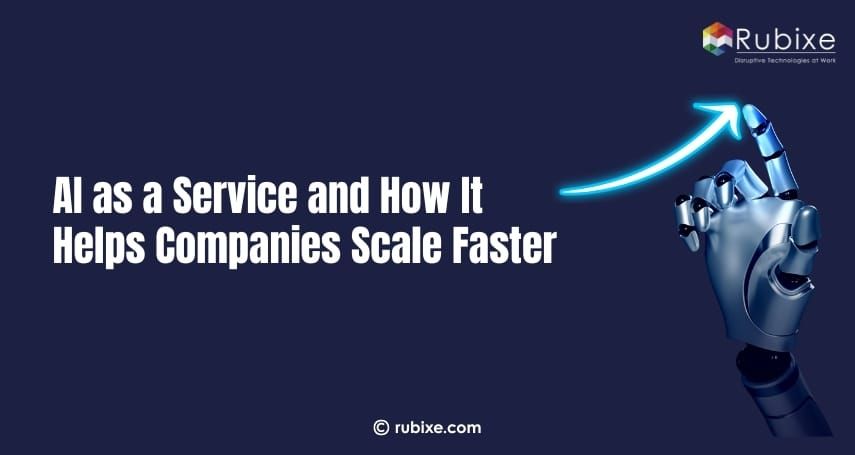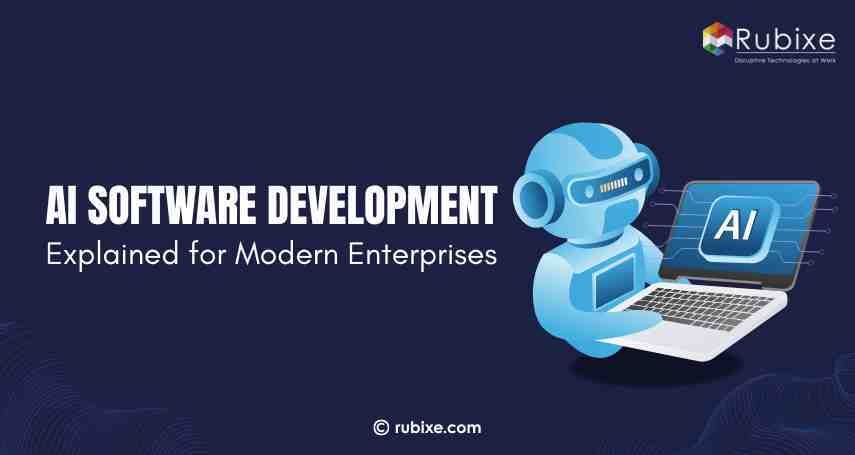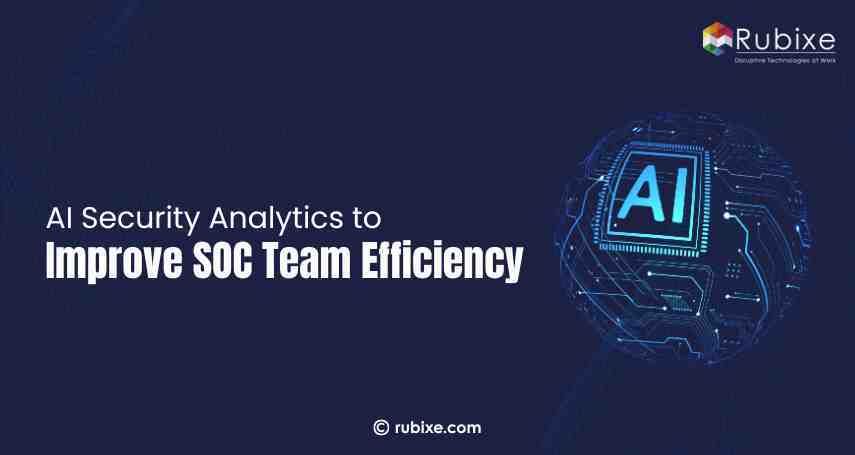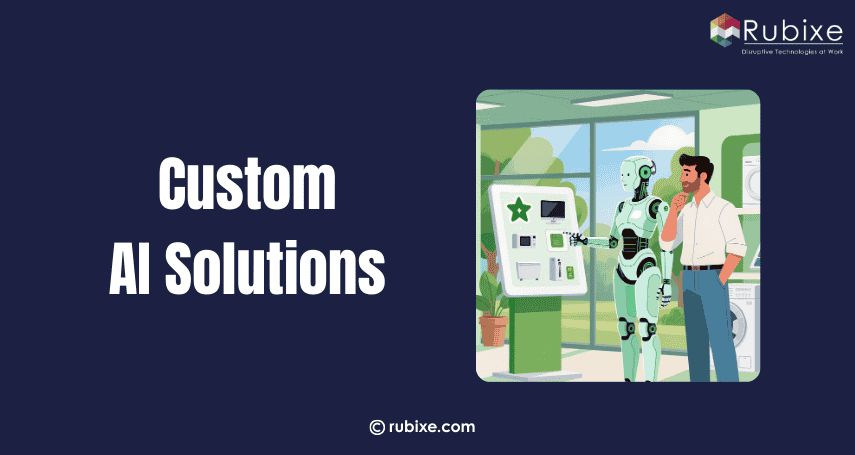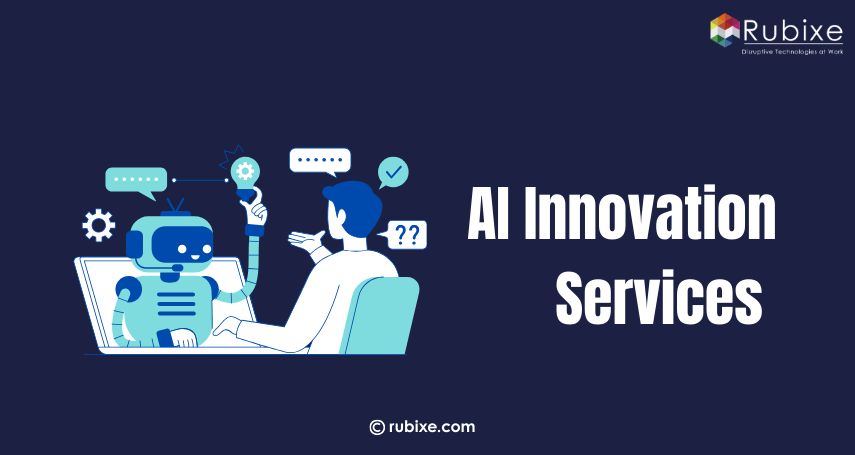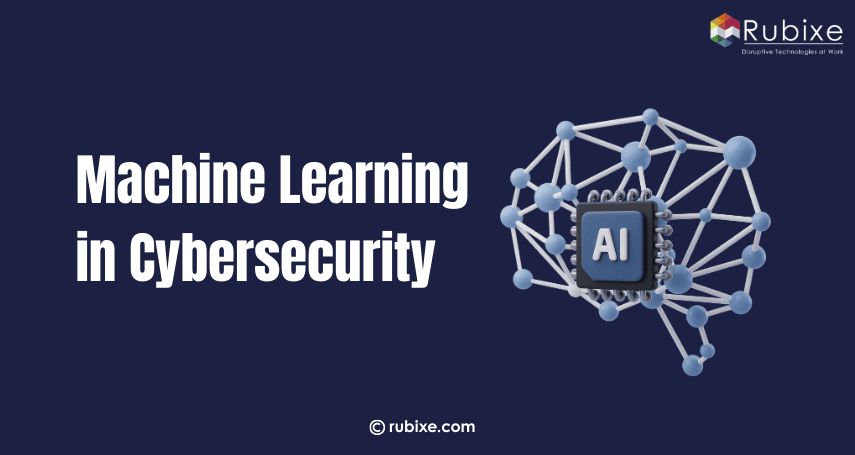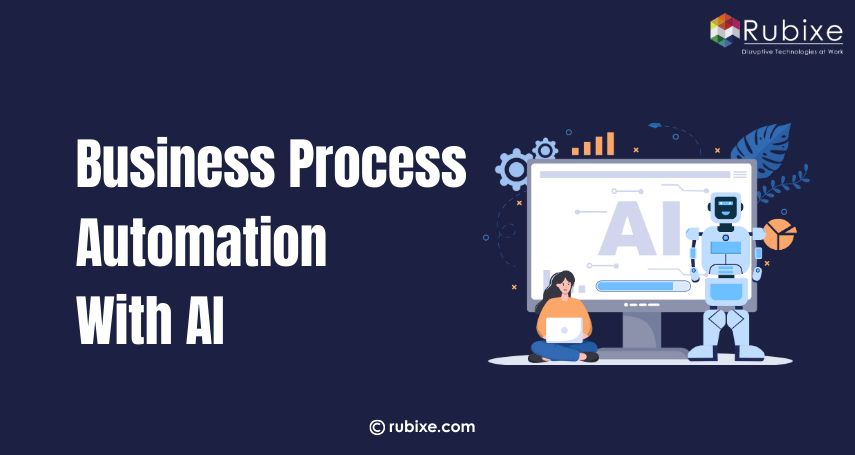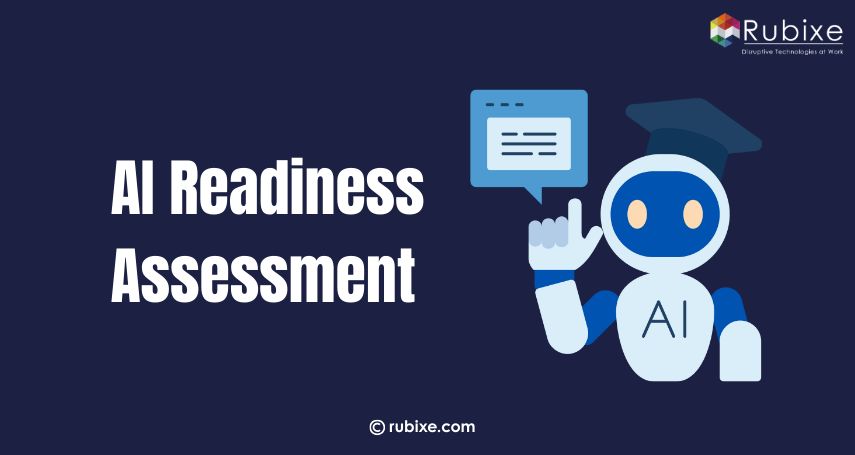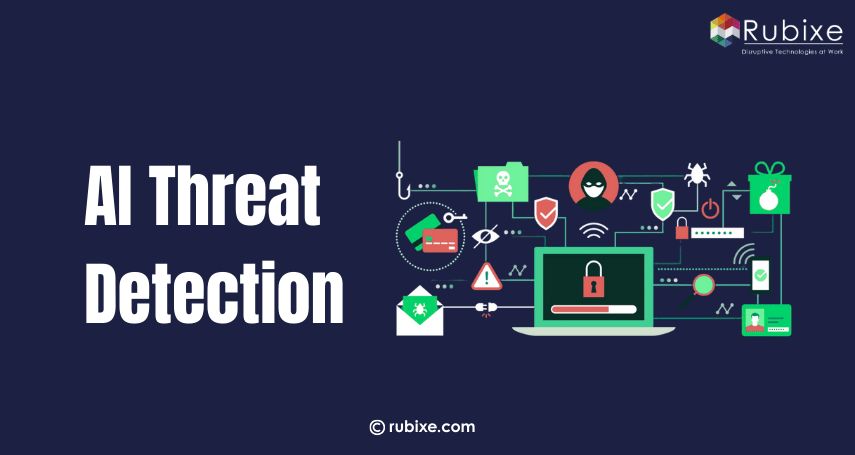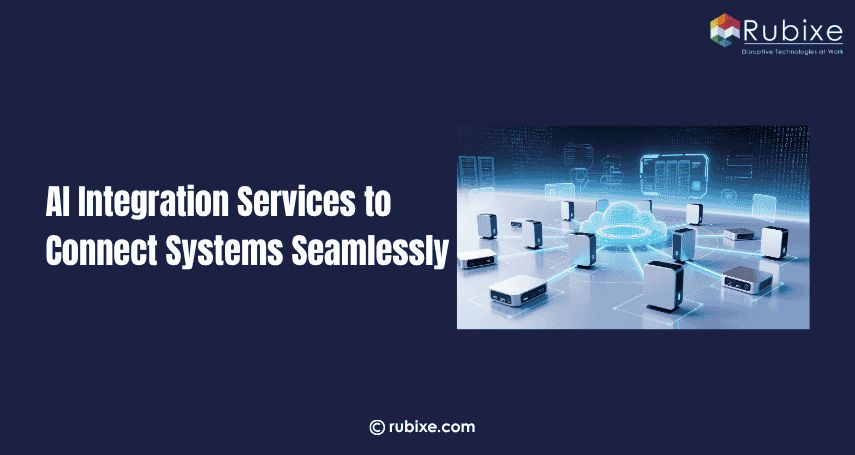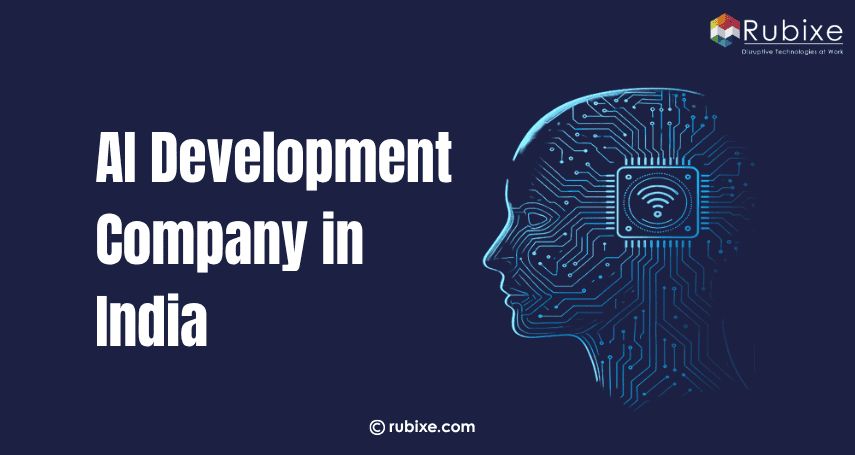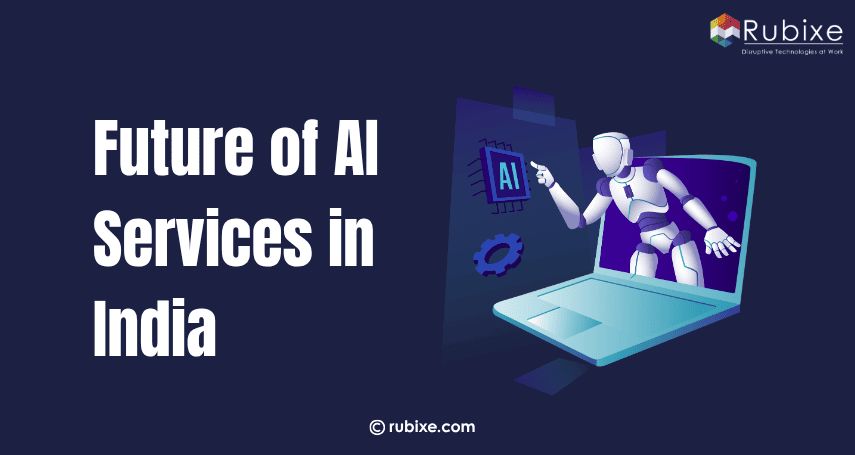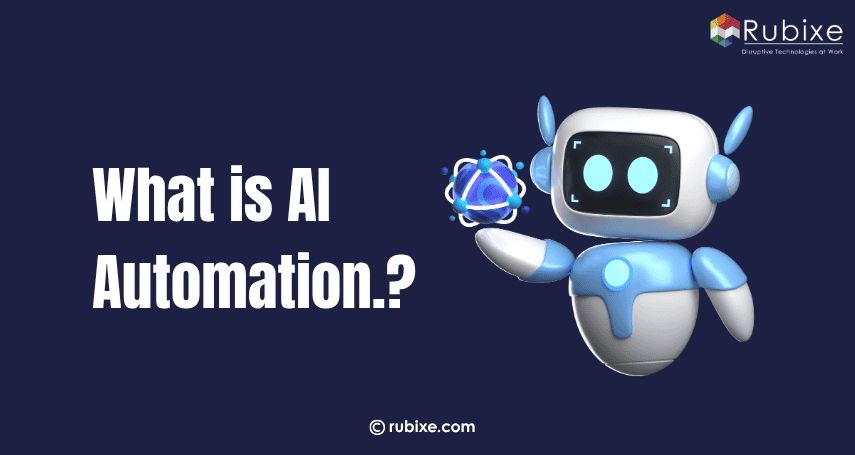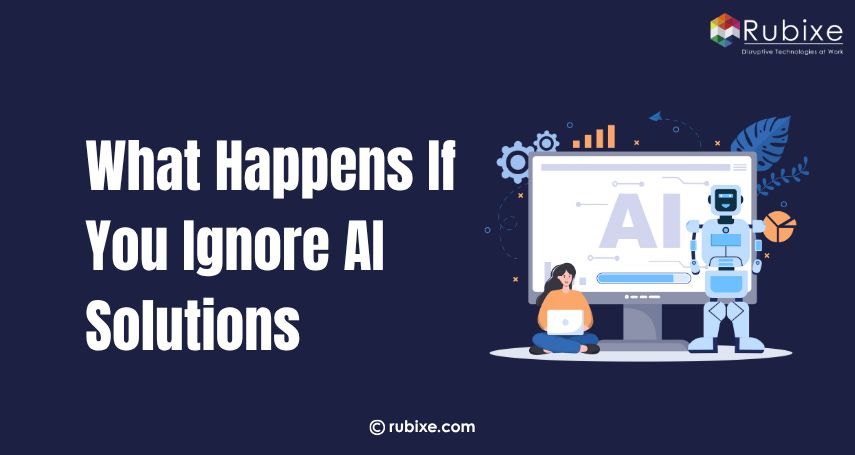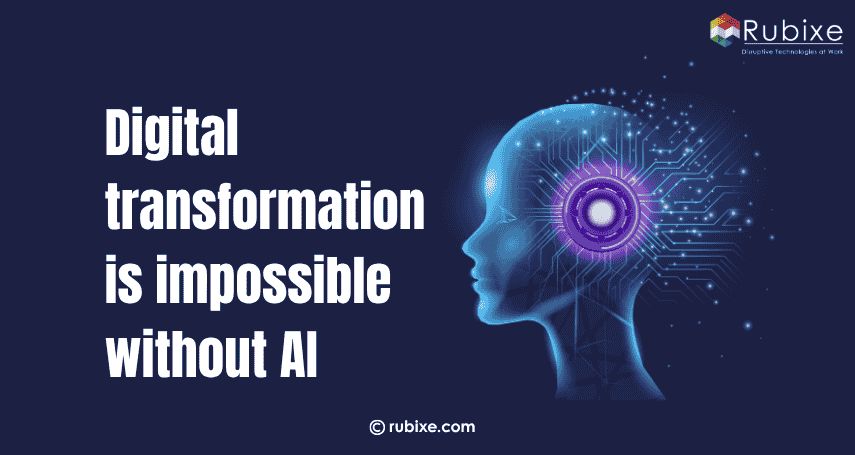Artificial Intelligence (AI) services are technologies delivered through cloud platforms or enterprise systems that enable organizations to integrate AI capabilities into their existing operations. Instead of building complex AI models from scratch, businesses can access pre-built machine learning algorithms, natural language processing, computer vision, and other AI technologies via APIs or platform-based solutions.
These services play a crucial role in modern digital transformation. They help automate repetitive tasks, enhance decision-making processes, and extract valuable insights from large and complex datasets. As a result, AI services are becoming foundational tools for industries looking to increase efficiency, improve accuracy, and stay competitive in a data-driven world.
What Are AI Services?
AI services refer to cloud-based or on-premise platforms that provide artificial intelligence capabilities through APIs, SDKs, or managed solutions. These services allow organizations to integrate AI technologies, like machine learning, natural language processing, and computer vision, into their applications without building models from scratch.
AI services democratize access to cutting-edge technology, making it easier for businesses to innovate faster, reduce operational costs, and improve customer experiences.
Key Features of AI Services:
-
Pre-trained Models: Ready-to-use AI functionalities.
-
APIs & SDKs: Integration tools for developers.
-
Scalability: On-demand compute power and resources.
-
Security & Compliance: Built-in measures for data protection.
-
Customizability: Ability to train models on proprietary data.
Types of AI Services
Machine Learning Services
Machine Learning (ML) is a subset of AI that enables systems to learn from data and improve over time without being explicitly programmed. ML services provide tools and environments to build, train, deploy, and manage models for classification, regression, clustering, and recommendation systems.
Key features:
-
Prebuilt algorithms
-
AutoML capabilities
-
Model deployment and monitoring
-
Integration with data pipelines
Popular ML services:
-
Amazon SageMaker
-
Google Cloud Vertex AI
-
Microsoft Azure Machine Learning
-
IBM Watson Studio
-
Databricks MLflow
Use cases:
-
Fraud detection in finance
-
Customer churn prediction
-
Dynamic pricing models
-
Demand forecasting in supply chain
Natural Language Processing (NLP) Services
NLP services enable machines to interpret, analyze, and generate human language. From understanding customer reviews to powering voice assistants, NLP plays a crucial role in modern AI applications.
Core capabilities:
-
Text classification
-
Sentiment analysis
-
Named Entity Recognition (NER)
-
Summarization and translation
-
Question answering
Leading NLP services:
-
OpenAI GPT-4 & GPT-4.5
-
Google Cloud Natural Language API
-
Amazon Comprehend
-
Azure Text Analytics
-
Hugging Face Transformers
Real-world examples:
-
Chatbots and virtual assistants (e.g., ChatGPT)
-
AI writing tools (e.g., Jasper, Copy.ai)
-
Document summarization and legal analysis
-
AI-powered customer support
Computer Vision Services
Computer Vision (CV) services analyze visual data from the world—images, videos, or real-time camera feeds. These services detect objects, classify images, track movements, and even recognize facial features.
Core functions:
-
Object detection
-
Image classification
-
OCR (optical character recognition)
-
Facial recognition
-
Image segmentation
Top CV services:
-
Amazon Rekognition
-
Google Cloud Vision AI
-
Microsoft Azure Computer Vision
-
OpenCV and TensorFlow Object Detection API
Industry applications:
-
Surveillance and security
-
Medical imaging diagnostics
-
Retail shelf analytics
-
Automated quality inspection in manufacturing
Speech Recognition and Synthesis
These AI services convert spoken language into text (speech-to-text) and vice versa (text-to-speech). They're key enablers of voice-controlled applications, accessibility tools, and transcription services.
Major providers:
-
Google Speech-to-Text/Text-to-Speech
-
Amazon Polly & Transcribe
-
Azure Speech Services
-
IBM Watson Speech-to-Text
Use cases:
-
Call center automation
-
Real-time meeting transcription
-
Voice-based search assistants (e.g., Alexa, Siri)
-
Audiobook generation
Generative AI Services
Generative AI goes beyond traditional analytics by creating entirely new content. These models can generate text, code, images, audio, and even video, based on user prompts or training data.
Types of generative AI services:
-
Text generation: GPT-4, Claude, Gemini
-
Image generation: DALL·E, Midjourney, Stable Diffusion
-
Code generation: GitHub Copilot, Amazon CodeWhisperer
-
Video generation: Sora (OpenAI), RunwayML
Applications:
-
Automated marketing content
-
Game and media design
-
Personalized emails and copywriting
-
AI-powered coding assistants
AI Infrastructure Services
These services provide the underlying hardware and software for running AI workloads, such as GPUs, TPUs, and orchestration frameworks. They're essential for organizations that train custom models at scale.
Top infrastructure providers:
-
NVIDIA AI Enterprise
-
AWS EC2 P-series and Trainium chips
-
Google Cloud TPUs
-
Microsoft Azure ND-series VMs
Capabilities:
-
Model training at scale
-
High-performance computing (HPC)
-
Distributed training and inference
-
Custom model optimization
Popular AI Service Providers
Let’s look at some key players that are leading the AI services revolution:
1. Amazon Web Services (AWS)
AWS offers over 50+ AI/ML services, including SageMaker, Rekognition, Polly, and Lex. It’s favored for scalability, security, and developer ecosystem.
2. Microsoft Azure AI
Azure AI integrates seamlessly with Microsoft’s ecosystem (Office, Power BI, etc.) and provides a robust platform for building enterprise-grade AI solutions.
3. Google Cloud AI
Google is a pioneer in AI and offers tools like Vertex AI, AutoML, Vision AI, and more. It's a favorite for data scientists due to its support for TensorFlow and TPUs.
4. OpenAI
Known for its cutting-edge work in generative AI, OpenAI provides the GPT and DALL·E series through APIs and partnerships with Microsoft.
5. IBM Watson
IBM offers AI tools with a focus on explainability and enterprise security. Watson’s NLP and data analysis tools are widely used in healthcare and finance.
6. Anthropic, Cohere, and Hugging Face
These newer players focus on open, ethical, and responsible AI, offering large language models and tools for transparent AI model development.
Use Cases by Industry
Healthcare
AI services are revolutionizing healthcare by enhancing diagnostics, personalizing treatment plans, and streamlining administrative tasks.
Applications:
-
Predictive analytics for disease outbreaks
-
Medical imaging analysis
-
Virtual health assistants
Example: Omega Healthcare Management Services integrated AI to automate medical billing and insurance claims processing, saving over 15,000 employee hours per month and achieving a 30% ROI for clients. businessinsider.com
Finance
In the financial sector, AI services enhance fraud detection, automate trading, and improve customer service.
Applications:
-
Algorithmic trading
-
Risk assessment and management
-
Personalized financial advice
Example: KPMG's partnership with Google Cloud focuses on developing AI tools for fraud detection and loan processing, aiming to generate $1 billion in incremental growth. businessinsider.com
Retail
Retailers leverage AI to optimize inventory, personalize shopping experiences, and enhance supply chain efficiency.
Applications:
-
Customer behavior analysis
-
Dynamic pricing strategies
-
Chatbots for customer service
Example: Cross-industry collaborations enable retailers to integrate AI-driven logistics and delivery solutions, improving customer satisfaction and operational efficiency. indiatimes.com
Manufacturing
AI services in manufacturing lead to predictive maintenance, quality control, and process optimization.
Applications:
-
Real-time monitoring of equipment
-
Defect detection in production lines
-
Supply chain optimization
Example: ServiceNow's AI partnerships with AWS and Microsoft enhance operational efficiencies by integrating AI into automated workflow solutions. investors.com
Education
Educational institutions use AI to personalize learning, automate administrative tasks, and enhance student engagement.
Applications:
-
Adaptive learning platforms
-
Automated grading systems
-
Virtual tutors and chatbots
Example: AI-powered platforms analyze student performance data to provide personalized learning experiences, improving outcomes and retention rates.
Marketing
Marketers employ AI to analyze consumer behavior, automate content creation, and optimize campaigns.
Applications:
-
Predictive customer segmentation
-
Automated email marketing
-
Social media sentiment analysis
Example: Generative AI tools create personalized marketing content, enhancing engagement and conversion rates.
Understanding the Pillars of AI Services
1. AI Consulting
-
Provides strategic guidance on how and where to implement AI.
-
Helps identify high-impact use cases and assess feasibility.
-
Aligns AI initiatives with business goals and ROI expectations.
-
Supports technology selection and implementation roadmaps.
2. AI Staffing
-
Supplies skilled AI professionals (data scientists, ML engineers, etc.).
-
Fills talent gaps for short-term projects or long-term roles.
-
Offers flexibility through contract, freelance, or full-time placements.
-
Ensures teams have the expertise to build and maintain AI systems.
3. AI Cybersecurity
-
Uses AI to detect, prevent, and respond to cyber threats in real time.
-
Automates threat analysis and anomaly detection.
-
Enhances identity verification and access control systems.
-
Continuously learns from new threat patterns to improve defenses.
4. AI Readiness Audits
-
Evaluates an organization’s infrastructure, data quality, and culture.
-
Identifies gaps and barriers to AI adoption.
-
Provides a maturity assessment across people, processes, and technology.
-
Offers actionable recommendations to prepare for AI integration.
5. AI Automation
-
Automates repetitive and time-consuming tasks using AI.
-
Enhances efficiency in areas like customer service, finance, and operations.
-
Integrates with existing systems to streamline workflows.
-
Enables real-time decision-making and reduces manual errors.
Companies offering specialized AI services play a key role in helping organizations adopt and implement artificial intelligence effectively. Through solutions like AI consulting, staffing, cybersecurity, readiness audits, and automation, they enable businesses to integrate AI strategically, streamline operations, and build long-term digital capabilities. As AI continues to evolve, such services will be essential for organizations looking to stay competitive and future-ready.
